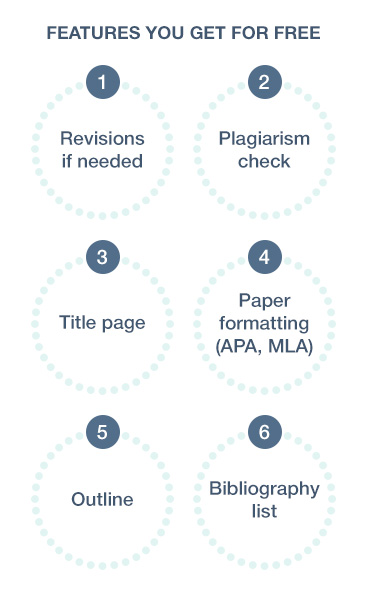Lady Macbeth is one of the most compelling and enigmatic characters in William Shakespeare’s tragedy, “Macbeth.” Her character serves as a crucial catalyst in the play’s dark descent into ambition-fueled chaos and murder. This character analysis essay delves into the multifaceted personality of Lady Macbeth, examining her unrelenting ambition, masterful manipulation of her husband, and the tragic consequences that befall her. Through a careful analysis of her actions, dialogues, and the impact she has on the storyline, we can gain a deeper understanding of the character’s complexity and significance in the play.
Ambition:
Lady Macbeth’s unbridled ambition is one of the defining traits of her character. From the moment she receives her husband’s letter informing her about the witches’ prophecies, her ambition becomes an all-consuming force. She is determined to propel Macbeth to power at any cost. Her ambition is exemplified when she exclaims, “Glamis thou art, and Cawdor, and shalt be / What thou art promised” (Act 1, Scene 5). Lady Macbeth’s unwavering conviction in her husband’s destiny is a driving force that propels him toward the regicidal path.
Get a Free Price Quote
However, Lady Macbeth’s ambition is not solely for her husband’s benefit. She desires power for herself, and her ambition takes a toll on her own mental and emotional well-being. Her soliloquy in Act 1, Scene 5, in which she calls upon the spirits to “unsex” her and fill her with cruelty, demonstrates the lengths to which she is willing to go to achieve her goals. This ambition ultimately becomes a destructive force, leading to her mental deterioration and moral downfall.
Manipulation:
Lady Macbeth’s manipulation of her husband, Macbeth, is a pivotal aspect of her character. She uses her influence and persuasive skills to goad Macbeth into committing regicide. Her cunning manipulation is evident when she questions his masculinity and love for her, provoking him to carry out the murder of King Duncan. She taunts him with phrases like, “What beast was ’t, then, / That made you break this enterprise to me? / When you durst do it, then you were a man” (Act 1, Scene 7). Through this manipulation, Lady Macbeth capitalizes on Macbeth’s insecurities, pushing him toward the heinous act.
Lady Macbeth’s ability to manipulate her husband serves as a testament to her strength and determination. She effectively becomes the driving force behind the tragic events that unfold. However, her manipulation is not without consequences. As Macbeth becomes increasingly embroiled in bloodshed and paranoia, Lady Macbeth herself begins to suffer from the weight of her actions.
Tragedy:
The character of Lady Macbeth undergoes a tragic transformation throughout the play. Her ambition and manipulation lead to her own mental and emotional demise. The pivotal moment in her character’s tragic arc is the sleepwalking scene in Act 5, where she attempts to wash the imaginary bloodstains from her hands, exclaiming, “Out, damned spot! Out, I say!” (Act 5, Scene 1). Her tormented conscience and the guilt of her involvement in Duncan’s murder haunt her, leading to her descent into madness.
Lady Macbeth’s tragic fate is sealed with her eventual death. Her character serves as a stark reminder of the consequences of unchecked ambition and the manipulation of others for personal gain. Her demise symbolizes the destructive nature of such actions and their potential to unravel the very fabric of one’s being.
Conclusion:
Lady Macbeth’s character in Shakespeare’s “Macbeth” is a masterful study of ambition, manipulation, and tragedy. Her unrelenting ambition drives the play’s plot, while her manipulation of her husband sets the stage for the tragic events that unfold. Ultimately, Lady Macbeth’s character represents the destructive nature of unchecked ambition and the heavy toll of manipulating others for personal gain. Her descent into madness and tragic death serve as a haunting reminder of the moral consequences of one’s actions.
In summary, Lady Macbeth is a character whose complexity and significance within the play continue to captivate audiences and scholars alike, making her a central figure in the enduring legacy of “Macbeth” as one of Shakespeare’s most enduring and iconic tragedies.


.svg)
 TOP 10 Writers
TOP 10 Writers


